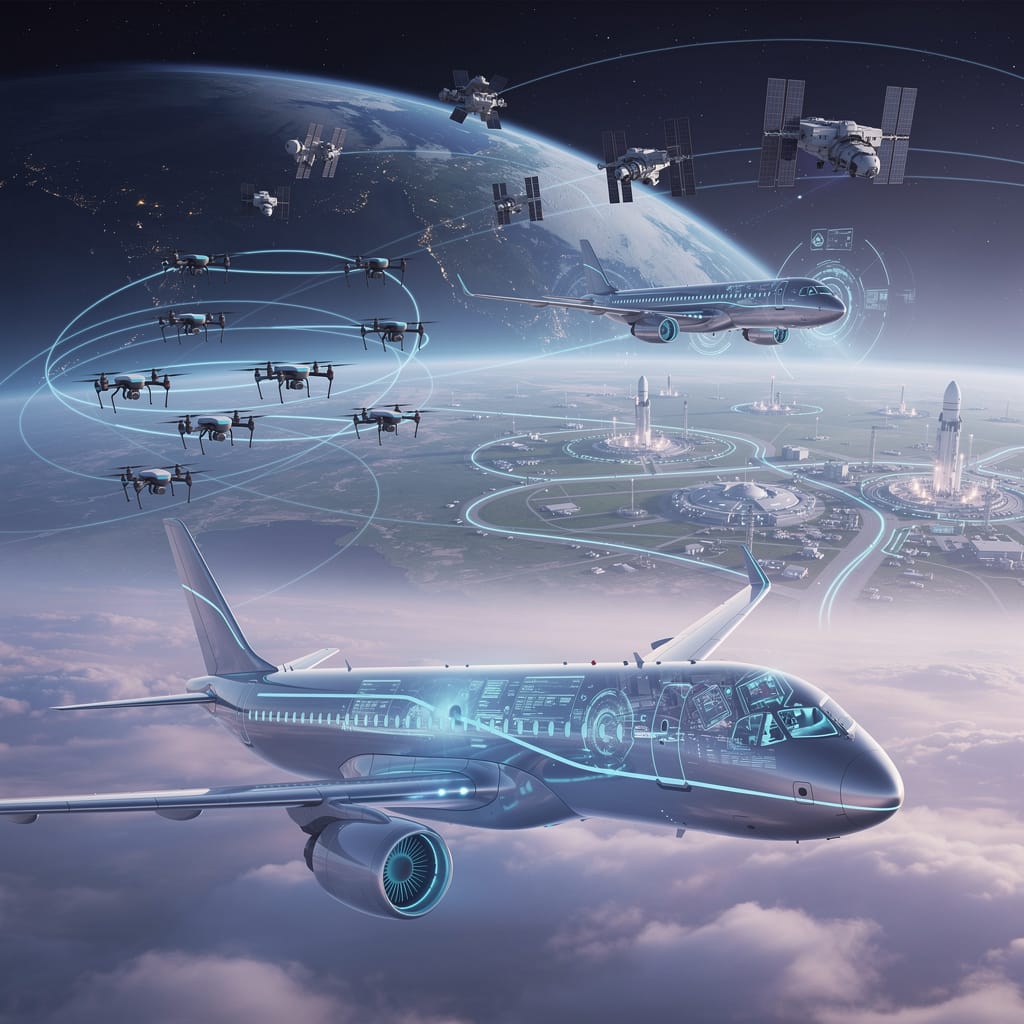Action versus responsability
Action and responsibility are two important concepts that are closely related but distinct from each other.
Action refers to the act of doing something, taking steps or making a decision to achieve a specific outcome or goal. It can be a conscious or unconscious behavior, a physical movement or a mental process.
Responsibility, on the other hand, refers to the obligation or duty to take ownership of the consequences of one’s actions, decisions or behavior. It involves being accountable for the outcome of one’s actions and being willing to accept the consequences that result from them.
While action is important to achieving goals, responsibility is essential for maintaining personal integrity and ethical behavior. Responsibility ensures that individuals are held accountable for their actions and that they take the necessary steps to rectify any negative consequences that may result from those actions.
Action is about taking steps to achieve a goal, while responsibility is about owning the outcomes of those actions and being willing to take accountability for them. Both are important concepts in personal and professional development, and both should be exercised in balance to ensure success and personal integrity.
How action groups, also known as activist groups destroy society because of no accountability
Action groups, also known as activist groups, are formed to bring about change and influence public opinion on a particular issue or cause. They often operate outside of the traditional political or legal frameworks and rely on the power of collective action and civil disobedience to achieve their goals. While many action groups have successfully brought about positive change, there is a growing concern that some of these groups are causing more harm than good by operating without accountability.
The problem with action groups is that they often prioritize their own interests and agendas over the wider public good. This can lead to the adoption of extreme or radical positions, which can have negative consequences for society as a whole. For example, action groups may demand changes to public policy that could have unintended consequences or negatively impact other areas of society. Without accountability, there is no way to ensure that these groups are acting in the best interests of society.
Furthermore, action groups can sometimes become aggressive and confrontational in their tactics, using violence or other extreme measures to achieve their goals. This can lead to a breakdown of law and order and the erosion of democratic values. Without accountability, there is no way to hold these groups responsible for their actions or to ensure that they are not violating the rights of others.
The lack of accountability among action groups can also lead to the proliferation of misinformation and conspiracy theories. When groups are not held responsible for their claims, they are free to spread false information and manipulate public opinion for their own ends. This can create a climate of distrust and undermine the social fabric of society.
Finally, the lack of accountability among action groups can lead to a breakdown of trust between citizens and the government. When groups are not held responsible for their actions, it can erode public confidence in the institutions that are supposed to protect them. This can create a dangerous cycle of distrust and disengagement, where citizens no longer feel like they have a voice in the political process.
Action groups can be a powerful force for positive change, but they must operate within a framework of accountability to ensure that they are acting in the best interests of society. Without accountability, these groups can become a destructive force that undermines democracy, erodes social trust, and causes harm to individuals and communities. It is therefore essential that we hold action groups accountable for their actions and ensure that they are operating in a responsible and ethical manner.
Classification of action groups in society
Action groups, also known as activist groups, are formed to bring about change and influence public opinion on a particular issue or cause. There are various ways to classify these groups based on their goals, tactics, and impact on society. Here are some common classifications of action groups:
- Ideological groups: These are groups that are motivated by a particular ideology or belief system, such as environmentalism, feminism, or socialism. They seek to promote their ideology through activism and may engage in protests, demonstrations, or other forms of direct action.
- Issue-based groups: These are groups that are focused on a specific issue, such as human rights, animal welfare, or climate change. They seek to raise awareness and bring about change on their chosen issue through lobbying, education, and direct action.
- Identity-based groups: These are groups that are based on a particular identity, such as race, gender, sexuality, or religion. They seek to promote the rights and interests of their identity group and may engage in activism to combat discrimination or prejudice.
- Direct action groups: These are groups that use more confrontational and disruptive tactics, such as civil disobedience, sit-ins, or sabotage. They seek to challenge authority and bring about change through non-violent or violent direct action.
- Non-violent resistance groups: These are groups that use non-violent tactics, such as boycotts, strikes, or peaceful protests, to bring about change. They seek to challenge authority and bring about social or political change through peaceful means.
- Advocacy groups: These are groups that seek to influence public policy and opinion through lobbying, research, and education. They seek to bring about change through legal means and may work with government officials or other stakeholders to achieve their goals.
Action groups can be classified based on their goals, tactics, and impact on society. While these groups can be a powerful force for positive change, it is important to recognize that they can also have negative consequences if they operate without accountability or prioritize their own interests over the wider public good.
Table summarizing the classification of action groups in society with keywords, points of action and accountability
| Classification | Keywords | Points of Action | Accountability |
| Ideological groups | Environmentalism, Feminism | Promote ideology through activism and engage in direct action | Requires accountability to ensure actions are in the best interest of society |
| Issue-based groups | Human rights, Animal welfare | Raise awareness, lobbying, education and direct action | Requires accountability to ensure actions are responsible and ethical |
| Identity-based groups | Race, Gender, Sexuality | Promote rights and interests and combat discrimination | Requires accountability to ensure actions are non-discriminatory and respect others’ rights |
| Direct action groups | Civil disobedience, Sabotage | Challenge authority and bring about change through action | Requires accountability to ensure actions are legal and not harmful to society |
| Non-violent resistance | Boycotts, Strikes, Protests | Challenge authority and bring about change through peaceful means | Requires accountability to ensure actions do not violate the rights of others |
| Advocacy groups | Lobbying, Research, Education | Influence public policy and opinion through legal means | Requires accountability to ensure actions align with public interests and are not influenced by special interests |
Some action groups may fit into multiple classifications, and there are other ways to classify them based on different criteria.
Accountability is essential for action groups to ensure that they are operating in a responsible and ethical manner and not causing harm to society. It involves being accountable for the outcomes of their actions, accepting responsibility for any negative consequences, and being willing to take steps to rectify any harm caused.
Shop Corner

Responsable action on Amazon
Thank you for questions, shares and comments!
Share your thoughts or questions in the comments below!
Source OpenAI’s GPT language models, Fleeky, MIB, & Picsart






